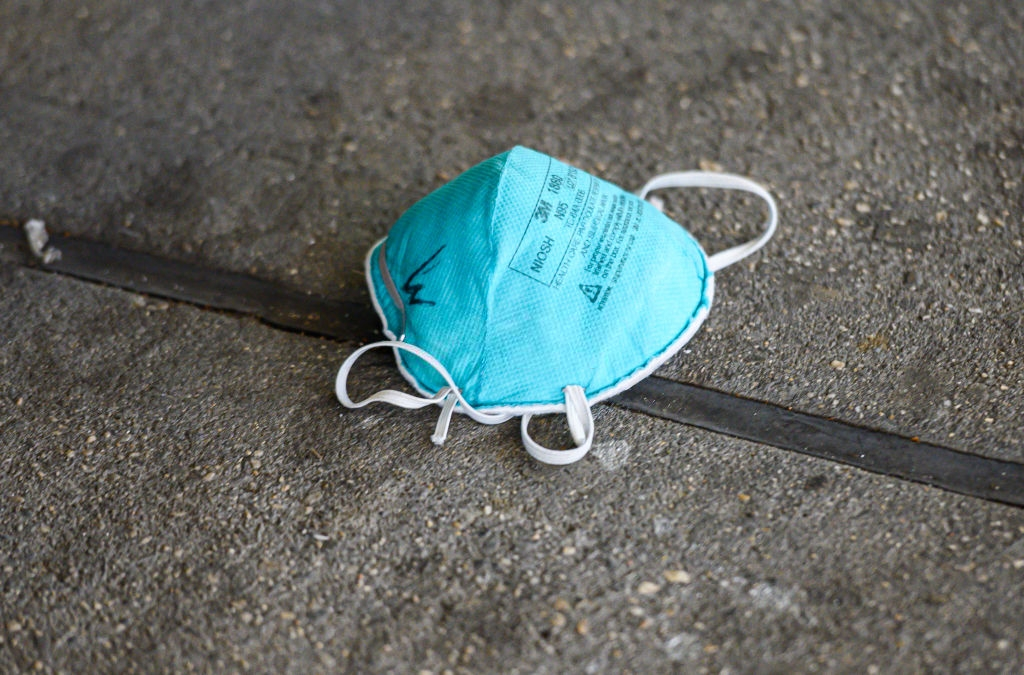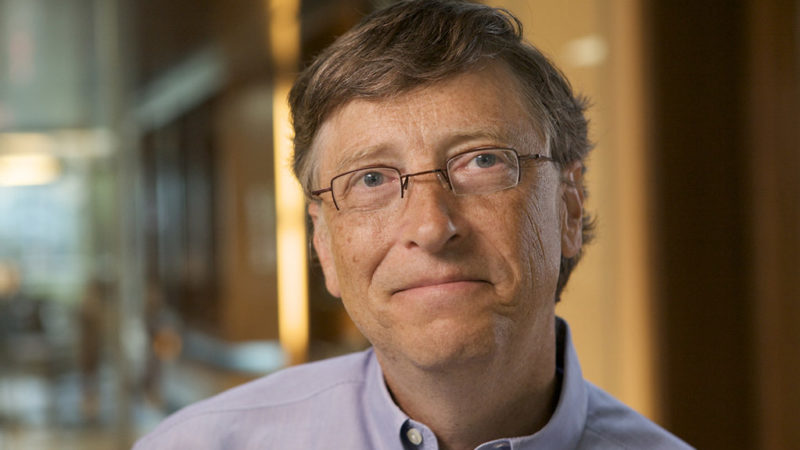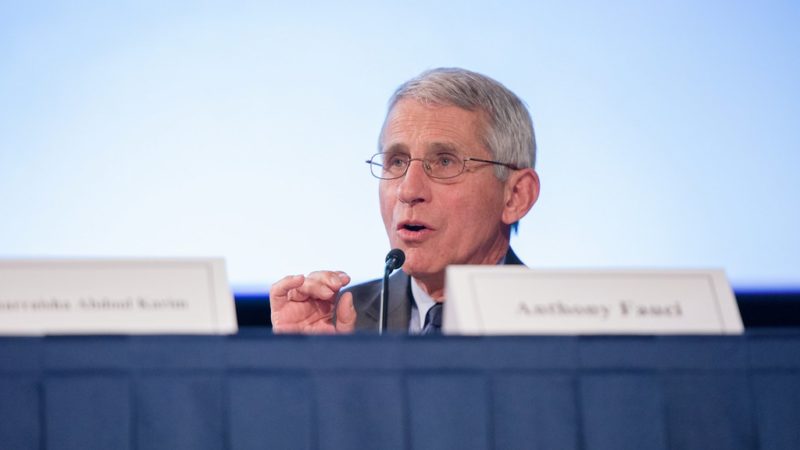Ex-Apple Employees Paseman and Duong Are Working To Fulfill The Demands Of Masks

Sabrina Paseman who used to work at Apple until the last year is trying to address the shortage of masks across the globe during Quarantine along with another Ex-Apple employee.
Megan Duong and Paseman have started a new nonprofit which is called Fix the Mask. As the name suggests, this nonprofit has only one objective and it is to raise awareness about the shortage of masks during the covid-19 pandemic. They believe that the shortage of healthcare measures and tools during this pandemic is a wake-up call for the healthcare industry that highlights their loophole.
“We want to get these not just in the hands of hospitals but also essential workers and anyone else who can’t shelter in place,” Paseman said.
Paseman is 28 years old mechanical engineer and she has been busy using the Quarantine time for deconstructing an N95 mask which is used by nurses and doctors to find out whether the qualities of these maks can be transferred to other types of face masks.
She has found success in this process as she figures out that normal surgical masks can provide protective awareness similar to the N95 mask by using less material if they are appropriately fitted to the face. For that appropriate fit, all it requires is three rubber bands. Where the corporates are proving to be less helpful.
The nonprofit Fix the Mask is striving to use the rubber band process and make surgical masks more suitable in this scenario.
Paseman’s other partner in this nonprofit is in charge of letting the word out and creating awareness. She also has previously worked at Apple as head of the digital marketing division and her brother-in-law is also an emergency room doctor who works continuously with covid-19 infected patients.
She has been away from Apple from March of this year and now they live together during the pandemic. They are communicating with potential manufacturers, accumulating data, and requesting grant money in order to finance their noble efforts.
“If you get an N95 mask — great, use it, but this is the next best thing,” Duong said. “The simple act of sharing this can impact so many people.”
Another message that has been published on their website is that normal cloth masks which are usually made of bandanas and T-shirts are not good substitutes for medical-grade masks.
Fix the mask is continuously trying to raise grant money in order to operate its manufacturing and distribution process. Paseman said that the first manufacturer they have contracted with is looking to manufacture at least 100,000 masks for areas that are hardly hit by the virus, like Chicago and Detroit.
“We’re figuring out our distribution strategy based on need,” Paseman said. “We’re assessing need through statistics published online and through our social media platforms.”
The objective of the campaign is not only limited to the United States, as she also said they are looking to donate 1 million masks each to the countries that are not financially lucky like India Philippines, and Tanzania.






